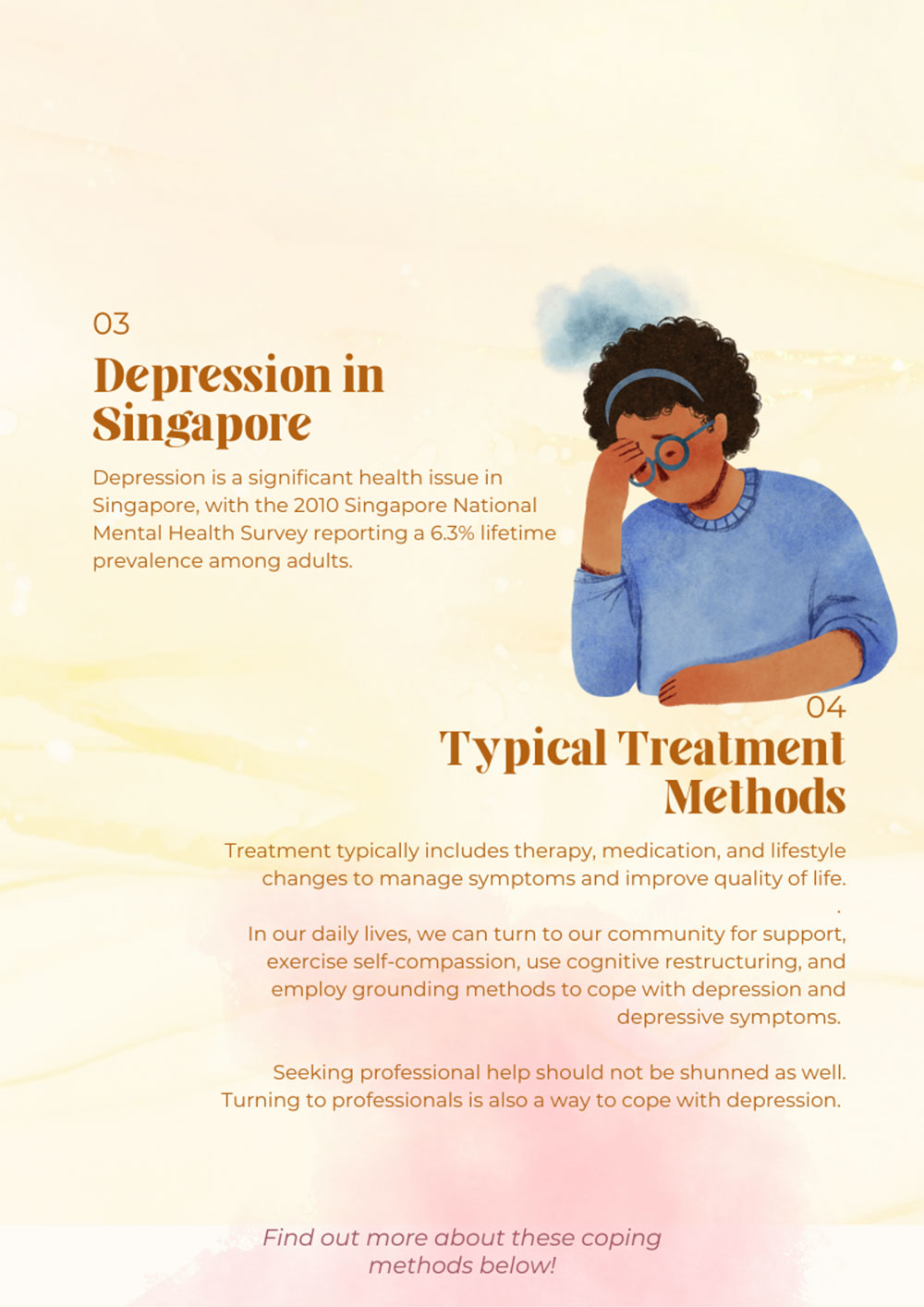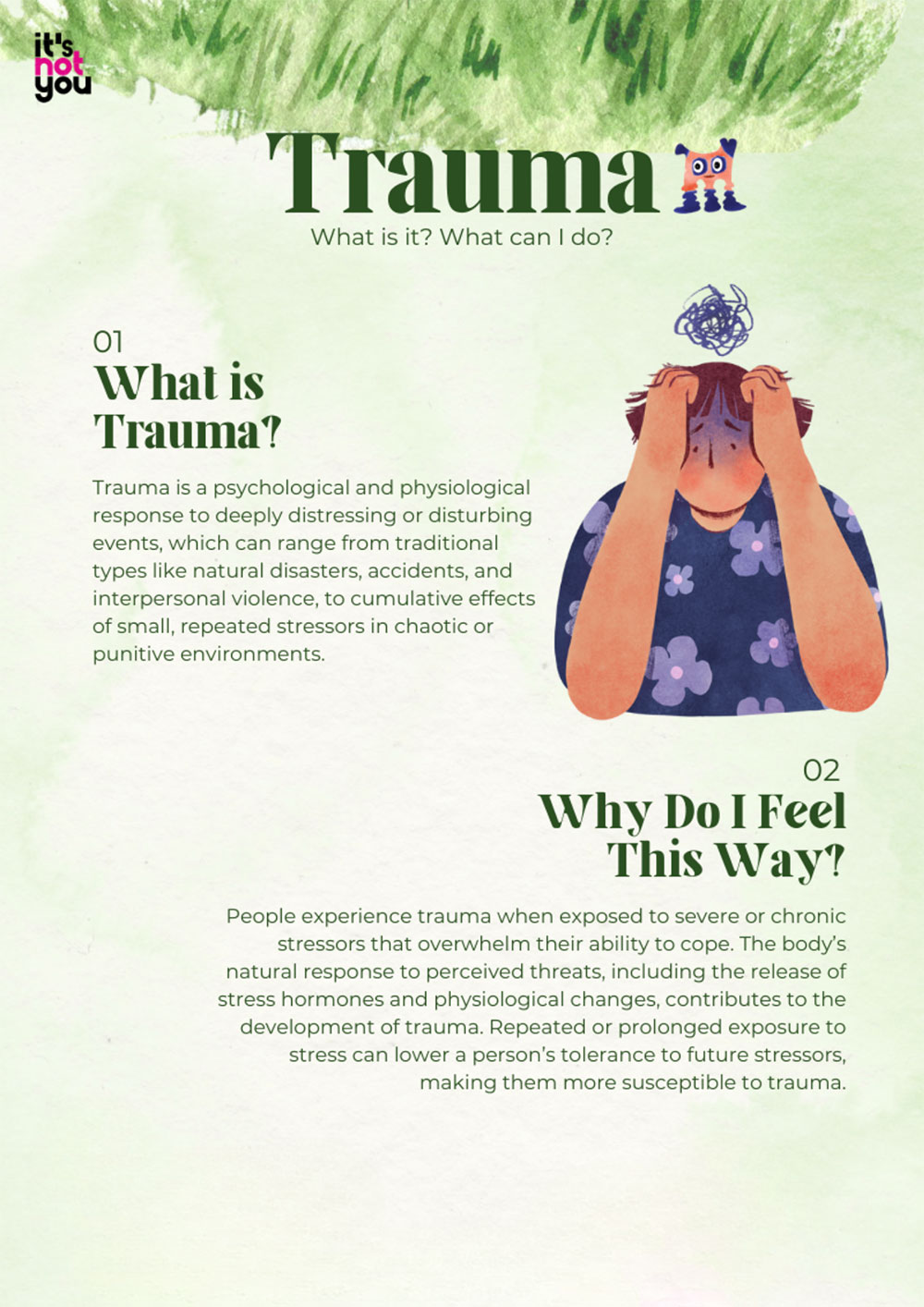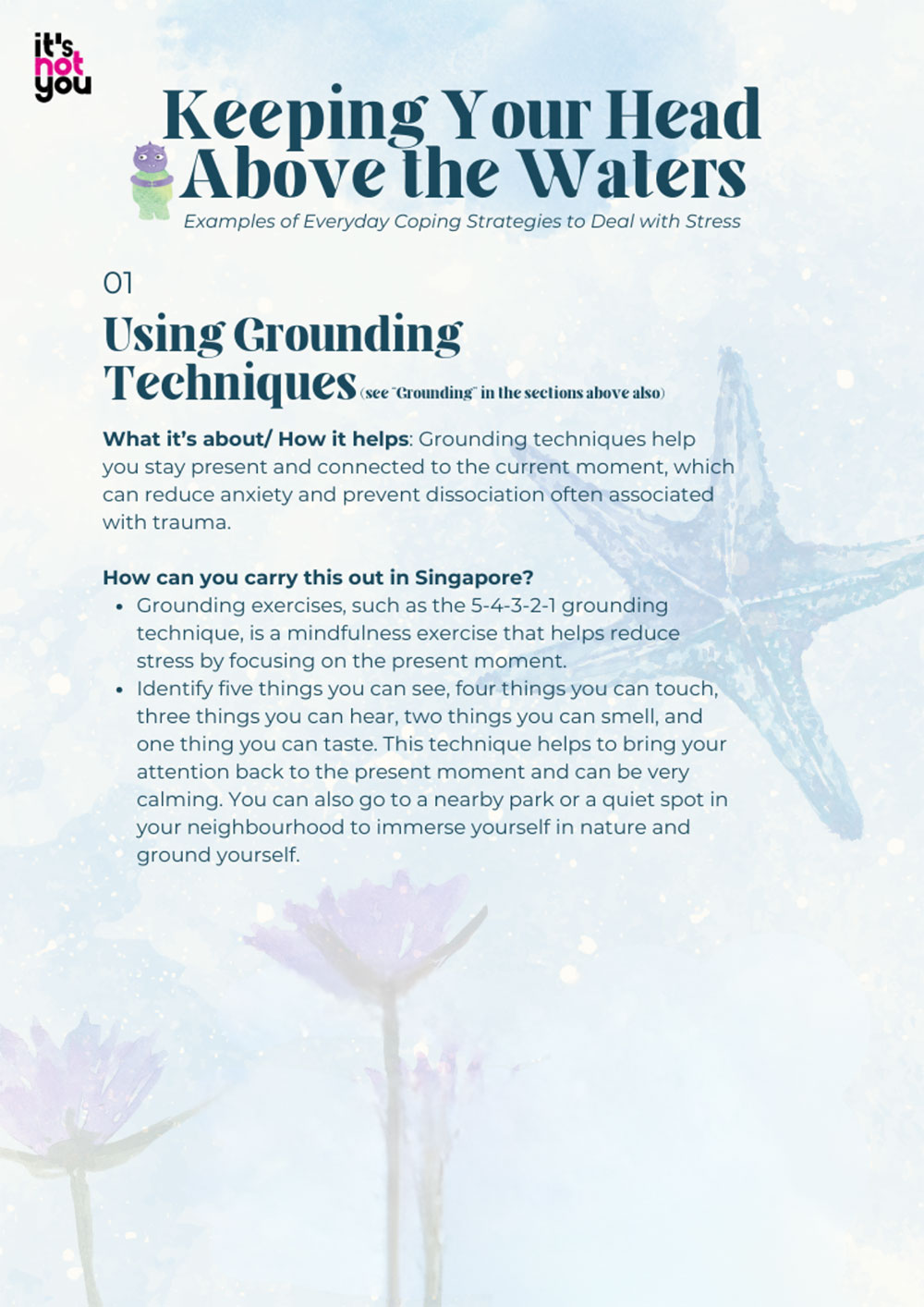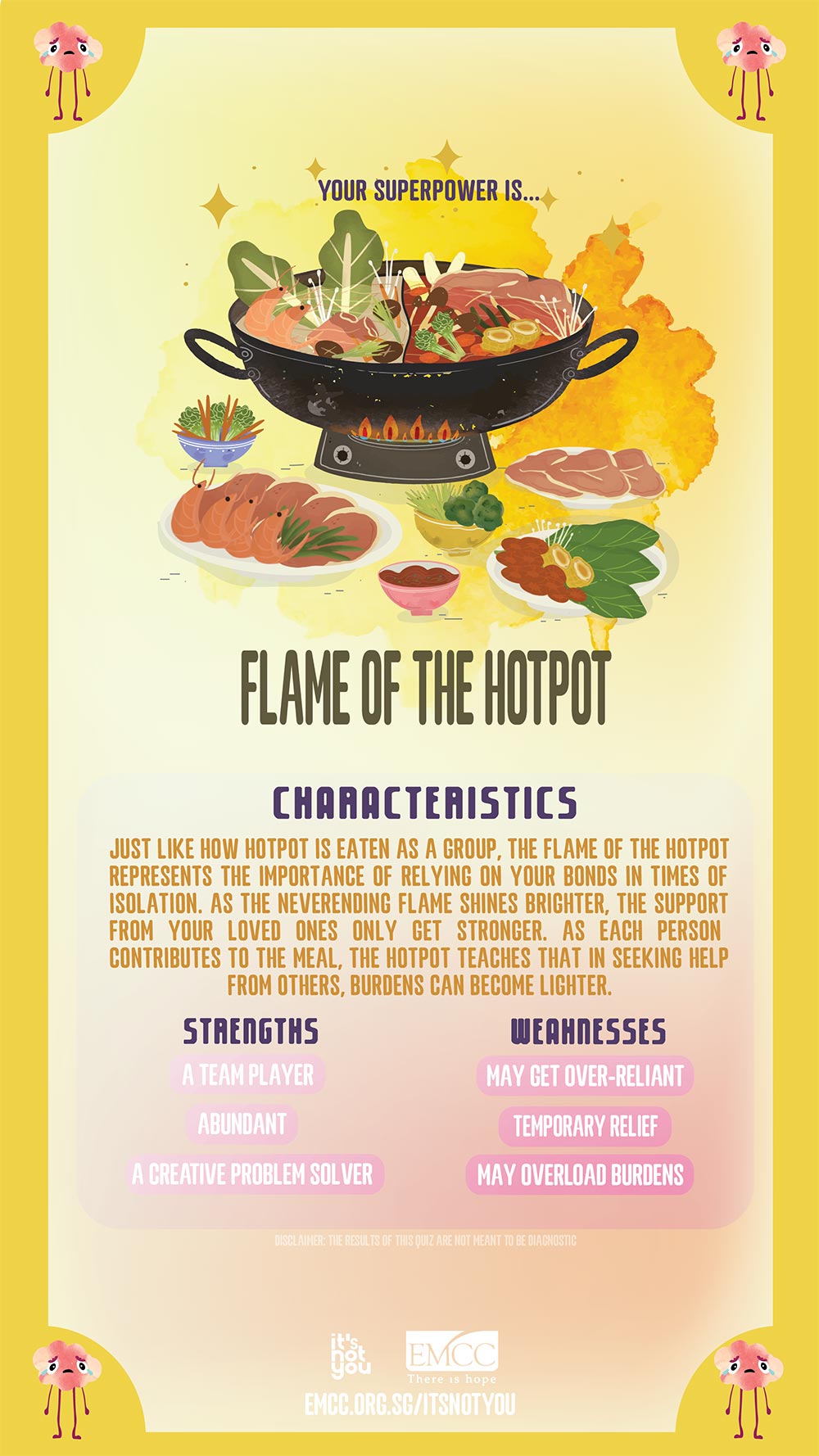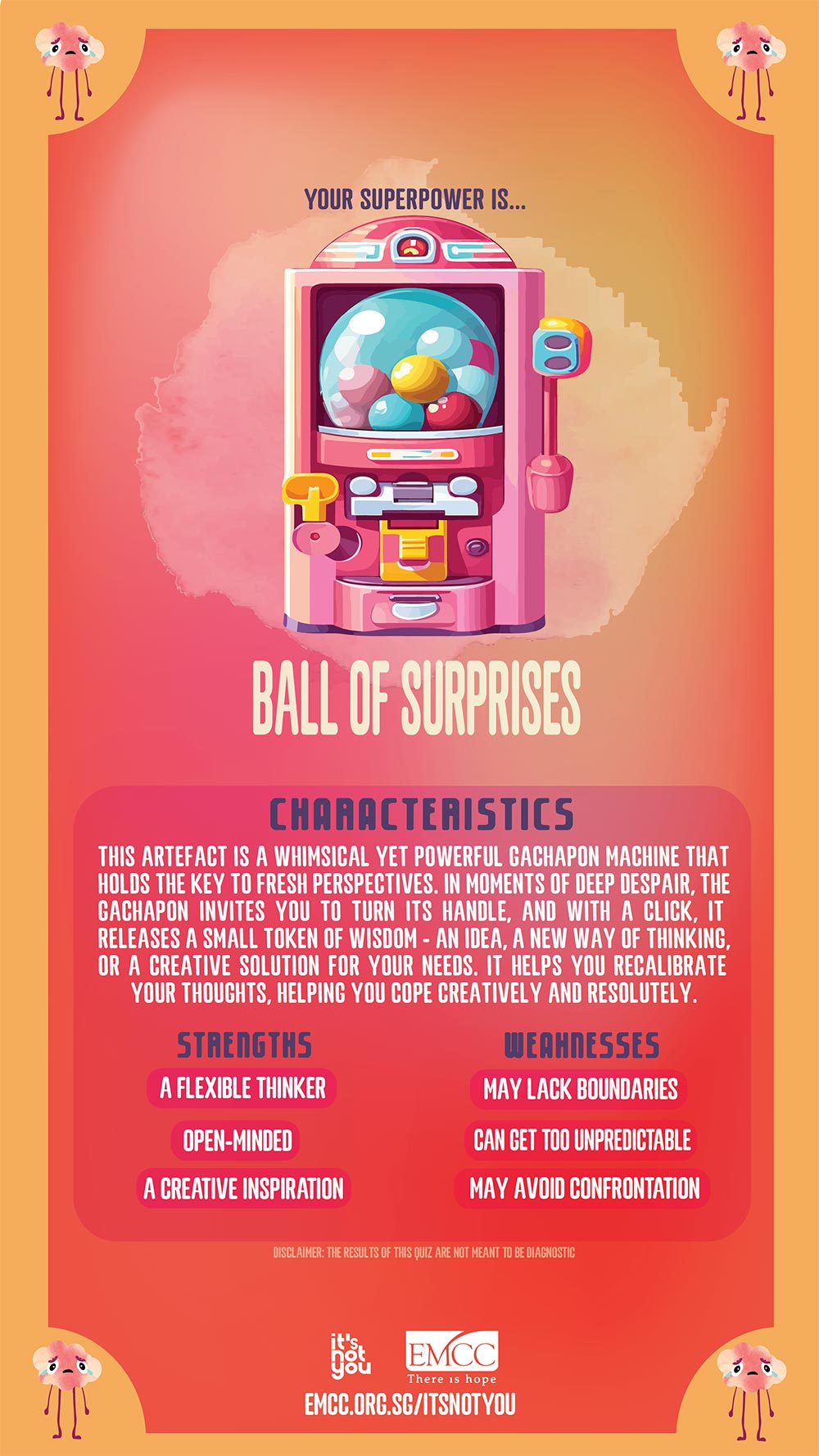While mental health awareness has certainly increased, many of us still find ourselves unsure of how to seek help or manage conditions like depression. We may recognise the signs but be uncertain about practical steps to take—especially when therapy or medication feels like a major step, and our symptoms aren’t severe enough to warrant immediate intervention. Even when we know we need support, affordable options can be difficult to access, leaving us to wonder what else we can do.
We believe that mental health management shouldn’t always come with a high price tag, nor should it only involve medical treatments. Different coping methods work for different people, and sometimes, smaller, daily practices can make a big difference. With that in mind, we’ve compiled practical, accessible ways to manage depression that can be easily integrated into everyday life, especially in the Singapore context.
If you’re looking for further resources, we’ve also put together a comprehensive guide, including more detailed information on depression, as well as coping strategies for trauma and stress, which you’ll find at the end of this article.
What is Depression?
Depression is a mental health condition marked by persistent feelings of sadness, hopelessness, and a loss of interest in activities once enjoyed. It can affect daily life, making it difficult to function at work, in relationships, and even in self-care.
Why Do I Feel This Way?
Depression can arise due to a variety of factors, including genetics, environmental stressors, or chemical imbalances in the brain. Prolonged stress, trauma, and unresolved emotional pain can also contribute to its development.
Coping Methods for Depression:
- Community Engagement:
Being part of a supportive community can reduce feelings of isolation and provide a sense of belonging, which is crucial for mental health. Engaging with people who share similar experiences can offer emotional support, encouragement, and new perspectives.
How to practise this in Singapore: Join local support groups such as those provided by the Singapore Association for Mental Health (SAMH) or participate in community activities. Volunteering opportunities like befriending, tutoring, or supporting food distribution can help build meaningful connections and foster a sense of purpose. - Self-Compassion:
Self-compassion involves treating yourself with kindness and understanding, particularly during difficult times. It reduces self-criticism and promotes emotional resilience, which can be vital when dealing with depression.
How to practise this in Singapore: Try self-care activities like mindful meditation, journaling, or attending workshops on self-compassion offered by local mental health organisations like the Happiness Initiative. Practising mindfulness helps you become more aware of your thoughts and appreciate yourself. - Cognitive Restructuring:
This technique helps identify and challenge negative thought patterns, replacing them with more balanced and realistic views. It’s a core part of Cognitive Behavioural Therapy (CBT) and is proven to reduce depressive symptoms by changing distorted thinking.
How to practise this in Singapore: Work with a counsellor or therapist to learn cognitive restructuring techniques. Options for affordable counselling in Singapore are available through various community-based organisations, making professional support more accessible for those managing depression. You can also attend local talks or workshops that offer practical guidance on managing negative thoughts, such as those provided by EMCC. - Grounding Techniques:
Grounding helps bring your focus to the present, easing the feelings of disconnection often associated with depression.
How to practise this in Singapore: Walking barefoot on reflexology footpaths can be a mindful way to stay grounded. The physical sensation of the stones, combined with the calming environment of a park, helps shift your focus from negative thoughts to the present moment, while stimulating endorphins to lift your mood. Being outdoors in a natural setting further enhances this practice by soothing the nervous system. - Professional Help:
Seeking professional help is crucial in managing depression. Mental health professionals can provide tailored treatment plans, including therapy and medication, to manage symptoms effectively.
How to seek help in Singapore: Reach out to organisations like EMCC, the Institute of Mental Health (IMH), or private practitioners. Singapore’s Health Promotion Board (HPB) also offers resources and hotlines for those seeking support. Early intervention is key, so don’t hesitate to seek support.
Additional Resources
If you’d like to learn more about Depression, Trauma, and Stress, and practical methods to cope with them, we have compiled a comprehensive Resource Bank here.
This Resource Bank is one of the initiatives from our ‘It’s Not You‘ campaign is designed to raise awareness and reduce stigma around mental health, focusing on the challenges of Stress, Depression, and Trauma.
What coping superpower do you have in your arsenal?
We believe everyone has a coping superpower—whether it’s self-compassion, cognitive restructuring, or grounding. Curious to discover yours? Take our quiz and explore which coping method you might already have in your arsenal.
Together, we can foster a supportive community that encourages open conversations and empowers individuals to seek the help they need.
General Note/Disclaimer
The coping methods listed above are general suggestions intended to support mental well-being. They are not a substitute for professional diagnosis or treatment. The effectiveness of these methods can vary; what works for one person may not work for another and should be used in moderation. If your symptoms persist or worsen, we encourage you to seek professional help. Our counsellors are available to assist you and can be reached here. Your mental health is important to us, and we are here to support you.

